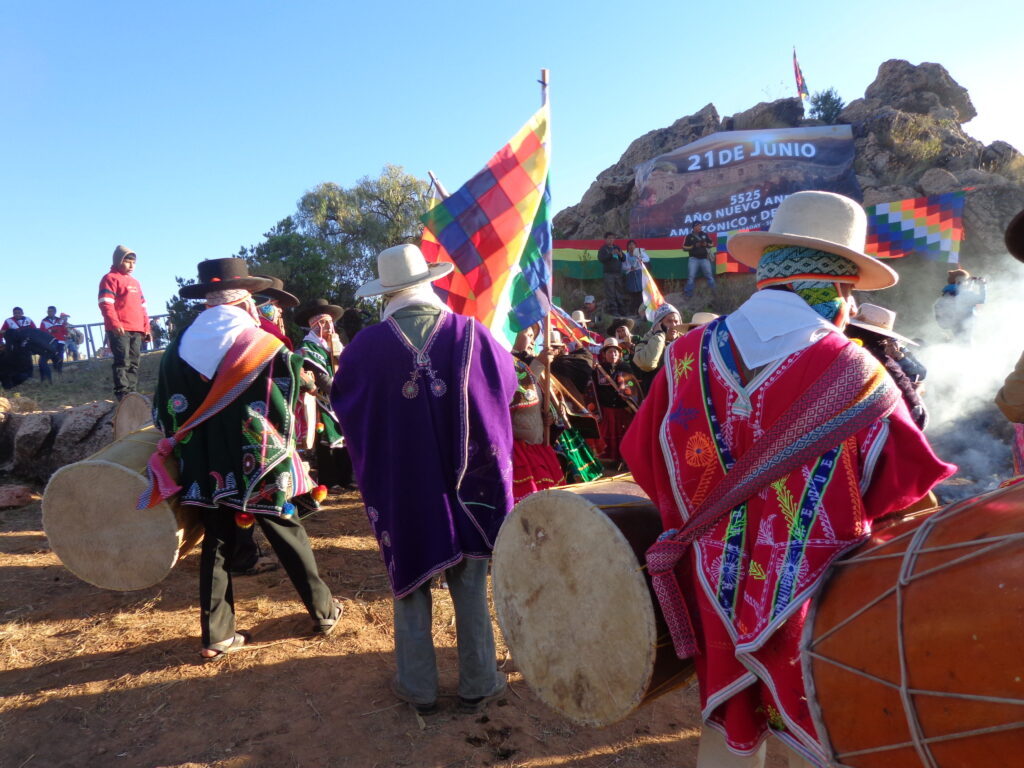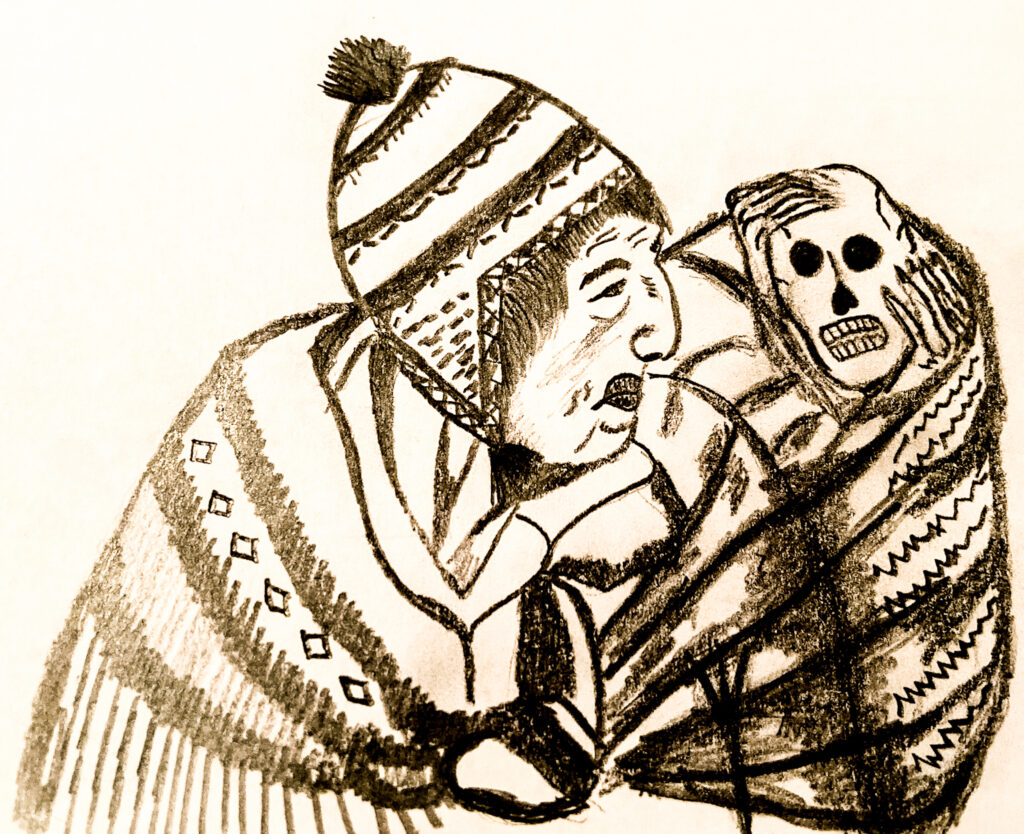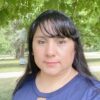Seeker of Life/Kawsay Thawiq

“Seeker of Life/Kawsay Thawiq” is part of the collection Indigenizing What It Means to Be Human. Read the introduction to the collection here.
Seeker of Life
I found you as you were walking in town, studying the ground
We met in a big city
You came to my community for research
You were looking for life deep within the ground
##
You didn’t speak our language
That’s why I helped you communicate
I accompanied you on your walks in the mountains
I helped you with your excavations
##
One day when we were digging
We found ancient skeletal remains
We were very excited!
We found a message of happiness for my town!
##
We cleaned the remains very well
We wrapped them in beautiful wool
And the next day many people came
They took away what we had found
##
But now our brother of bones
He has no name and is in a cold museum
But below, your name is written
To you, they are just ancient bones
But to my people, they are the heart of the Earth
Kawsay Thawiq
Llaqtata purikuspa tarirqayki, pampanchikmanta yacharikuschkaptiyki
Jatun llaqtapi tinkurqanchik
Llamk’aykirayku aylluyman chayamurqanki
Jallp’a ukhumanta kawsayta mask’achkarqanki
##
Mana siminchiktapis parlarqankichu
Chayrayku ñuqa parlaysirqayki
Urqukunata puriysimurqayki
Jallp’akunata thawiysimurqayki
##
Juk p’unchaw pampata allachkaptiyku
Ñawpaq runap tullunta tarirqayku
¡Sumaqta kusirikurqayku!
¡Llaqtaypaq kusiyta tarirqayku!
##
Sumaqta chay tullukunata llimphucharqayku
K’acha millmakunawan mayt’urqayku
Q’ayantintaq wak runañataq chayamurqanku
Chay tarisqanchikta apakampurqanku
##
Kunantaq tullu masinchikta
Mana sutiyuq chiri museopi kachkan
Tullu urapitaq sutiyki jatunpi qillqasqa kachkan
Qampaqqa ñawpaq tullulla, aylluypaq jallp’a sunqun kachkan
































